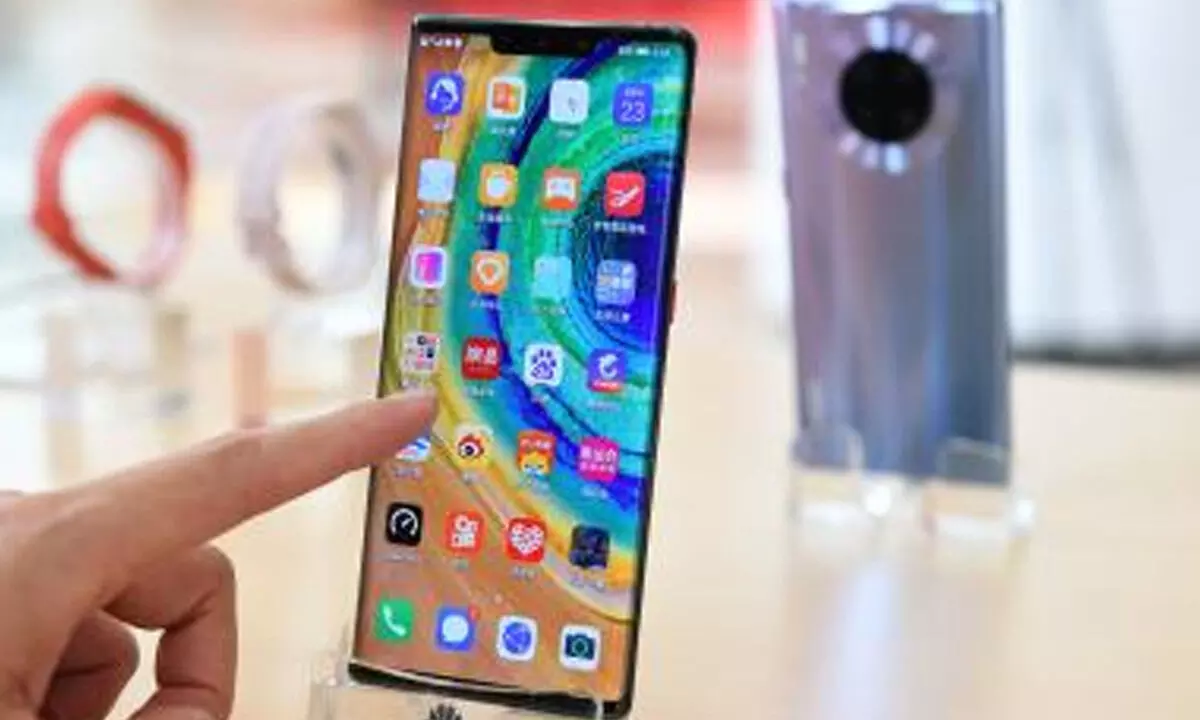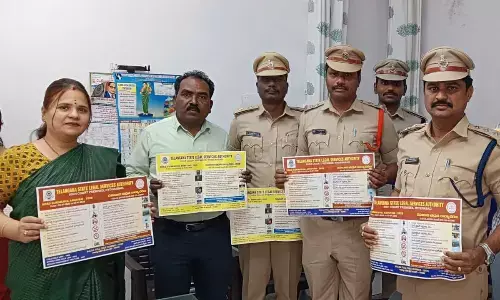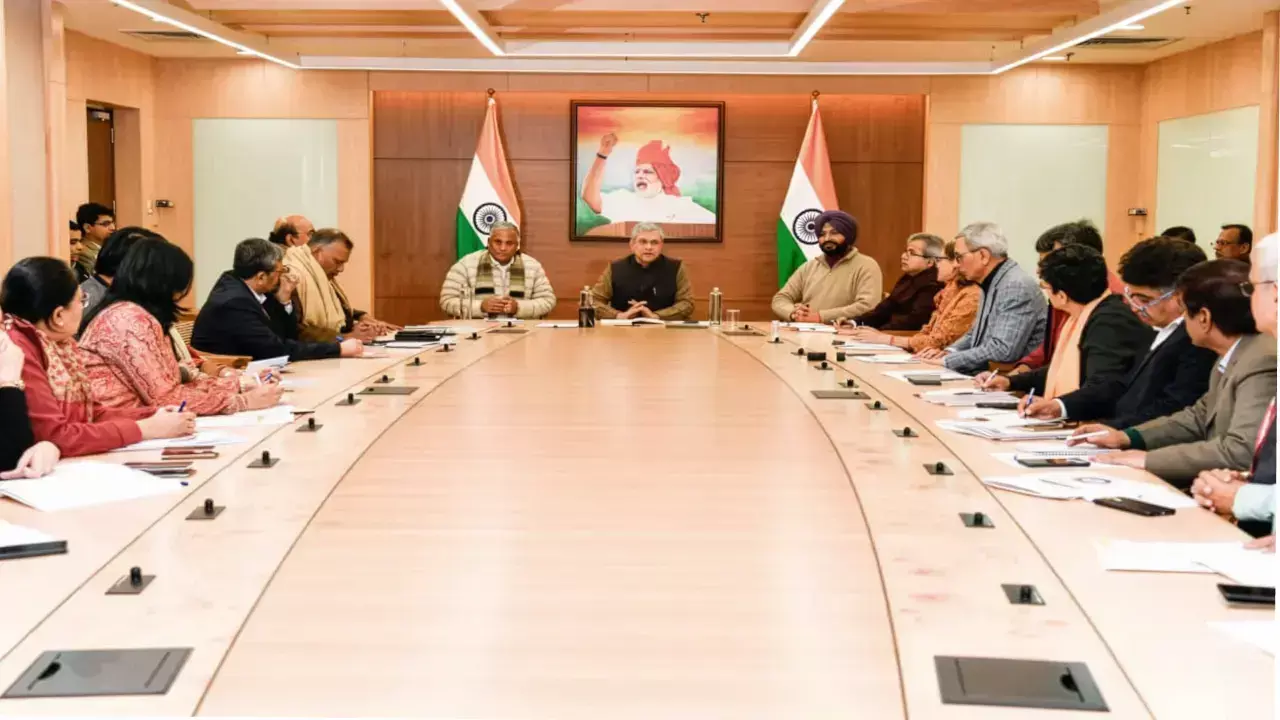Immature hardware changes will badly hit Indian mobile manufacturing industry: ICEA
Share :

The India Cellular and Electronics Association (ICEA) on Thursday said that any forced mandate to implement "immature" hardware changes will make the Indian mobile industry a “costly experimental ground” and will adversely impact the country’s mobile manufacturing efforts.
New Delhi: The India Cellular and Electronics Association (ICEA) on Thursday said that any forced mandate to implement "immature" hardware changes will make the Indian mobile industry a “costly experimental ground” and will adversely impact the country’s mobile manufacturing efforts.
The Telecommunication Engineering Centre (TEC) under the Department of Communications (DoT) is evaluating the adoption of the Telecommunications Standards Development Society-adopted ATSC 3.0 standard and equipping smartphones with this hardware to receive live TV signals without cellular networks.
Tech giants like Samsung, Qualcomm and Nokia, among others, have opposed the new standard, saying that doing so will increase the cost of a smartphone by at least Rs 2,500.
Pankaj Mohindroo, Chairman of ICEA, said in a statement that they welcome innovations and standards that provide larger choice and better offerings to the Indian customers and let the market forces decide adoption.
“We have, however, always taken a stand against mandates of technology adoption especially if they are immature, not proven and increase the cost of ownership of mobile devices for India,” Mohindroo said.
“We believe any forced mandate at this stage will make the Indian mobile industry a costly experimental ground which we can ill-afford,” he added.
A mobile device is designed for the global market in line with globally-accepted technologies based on 3GPP standards.
According to an ICEA letter written to DoT, it will be impossible to have space in the device itself to introduce new telecom generations of services like 5G, 6G, Satellite, etc if manufacturers need to support legacy technologies indefinitely.
“The design and manufacture of mobile phones to incorporate ATSC 3.0 will adversely impact mobile manufacturing efforts. The inclusion of any technology which is not proven and globally-acceptable goes against the market forces and will derail the pace of domestic manufacturing and the most important exports for the exchequer,” the letter read.
The export of mobile phones from India currently is about $11 billion and we are aiming to become the largest exporters of mobile phones.
The ICEA said in the letter that the cost of adding ATSC 3.0 chips would incrementally increase the cost per phone, which, in turn, “would have to be passed on to the consumer”.
“Moreover, ATSC 3.0 does not appear to be favoured by consumers, if there is a demand for this feature, manufacturers would have responded to that demand. To the best of our knowledge, as ATSC 3.0 is not available in commercial form anywhere in the world, no major mobile handset manufacturer has incorporated this technology across the globe,” the ICEA argued.
The association requested the TEC to consider all aspects during the adoption process of ATSC 3.0.
“No ATSC 3.0-capable phones are available as of date anywhere from any major handset OEM. Actual deployment scenarios have not been analysed, so the actual feasibility is unknown and potential shortcomings have not been identified or analysed. We would urge TEC to carefully evaluate the impact of ATSC 3.0 on mobile phones,” said the ICEA.














